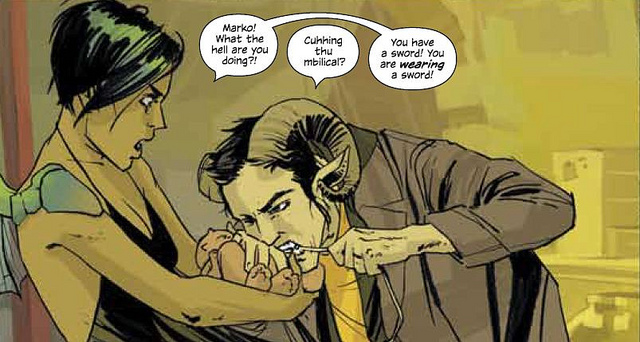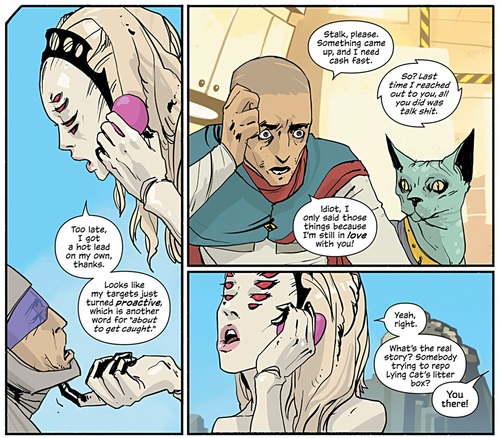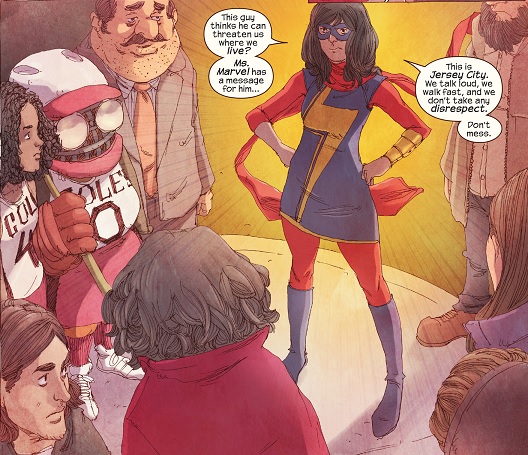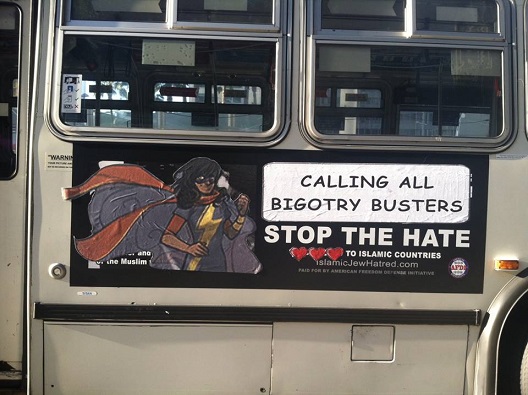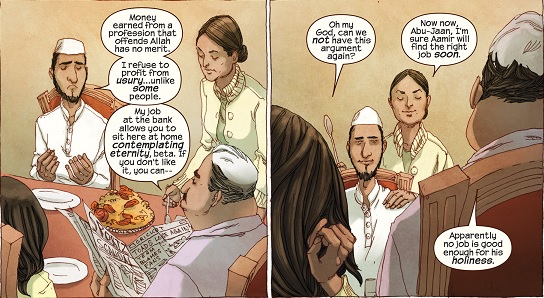So now we’ve had three years of increased Puppy manipulation of the Hugos, culminating in this year’s disaster in which a clique of rightwing whingers functioned as cover for a fascist bellend to get his vanity publishing project on the ballot. Cue much justified outrage, but what are we going to do about it so next year won’t be a repeat? For this year we all should vote no award over all Puppy entries, but how to make sure next year we don’t have to do it again?
To be honest, Worldcon fandom has been caught with its pants down by the Puppies, too slow to react to the first two attempts to game the Hugos. We all thought, and I was no exception, that after the Puppy nominees were trashed in the actual voting last year, the spoiled brats behind it would get the hint and fuck off. Instead they doubled down. And because of the deliberately slow ways in which Worldcon rules can be adapted, any change now will take two years to come into effect. Though I’m not sure any rule change will eliminate the Puppy threat, there are a couple of interesting proposals, the most complicated one at Making Light. But again, even if that one passed, it would still need confirmation at next year’s Worldcon and only come into effect in 2017.
The other method of preventing slate voting has been social control: until the Puppies, few people have tried it because it’s Just Not Done. Only outsiders, like the Scientologists, attempted it and those were punished quickly. With the Puppies though, that isn’t working anymore, or at least not to the extent it used to. They’re caught up in their rightwing culture war victim complex and hence insensitive to these kind of appeals. It’s still worth keeping that pressure up though, so nobody approached for participation in a Puppy slate has ignorance as an excuse. Meaning only those fully invested in the Puppy narrative will be onboard and fewer “innocents” are hurt.
But what we really need to realise is that the Puppies are just a symptom of the problems the Hugos have. An exceptionally annoying symptom, but a symptom nonetheless. The real problem is, and has been for years, is the number of people voting and especially nominating. Less than 1900 people voted for the Best Novel Hugo, the category with the most votes; 2122 ballots in total were sent in. That’s not much for a potential voting audience spanning last year’s, this year’s and next year’s Worldcon membership. This is where we need to improve and this is something that can be improved almost immediately.
LonCon3 had over 10,000 members: get all those to nominate and slate buying becomes slightly more expensive. But how do you get them to vote? Once LonCon3 was over, it was up to Sasquan to rally voters, but that only started in January, or four months later, far too late for those not into core Worldcon fandom to remember to nominate. What’s needed therefore is for the nomination process to open earlier, something which the WSFS rules don’t say anything about, so which can be done without needing that lengthy rule changing process. And while it is easier for a Worldcon to only start considering nominations in January, I think this is important enough to justify that added difficulty.
What I would like to see is having electronic nomination ballots open as soon as possible, either in January of the eligible year (e.g. January 2015 for 2016 nominations) or, if that’s too confusing, too much of a hassle, perhaps after the previous Worldcon has finished (September 1 for the most part). That way it also becomes easier for those already involved to keep a running tally for the year. It would also need not just opening the nominations, but promoting the nomination process as well. Get the members of the previous Worldcon involved, get them enthusiastic about nominating. It’s something next year’s Worldcon, MidAmeriConII, could start up already.
So let’s see if they’re up for it.
